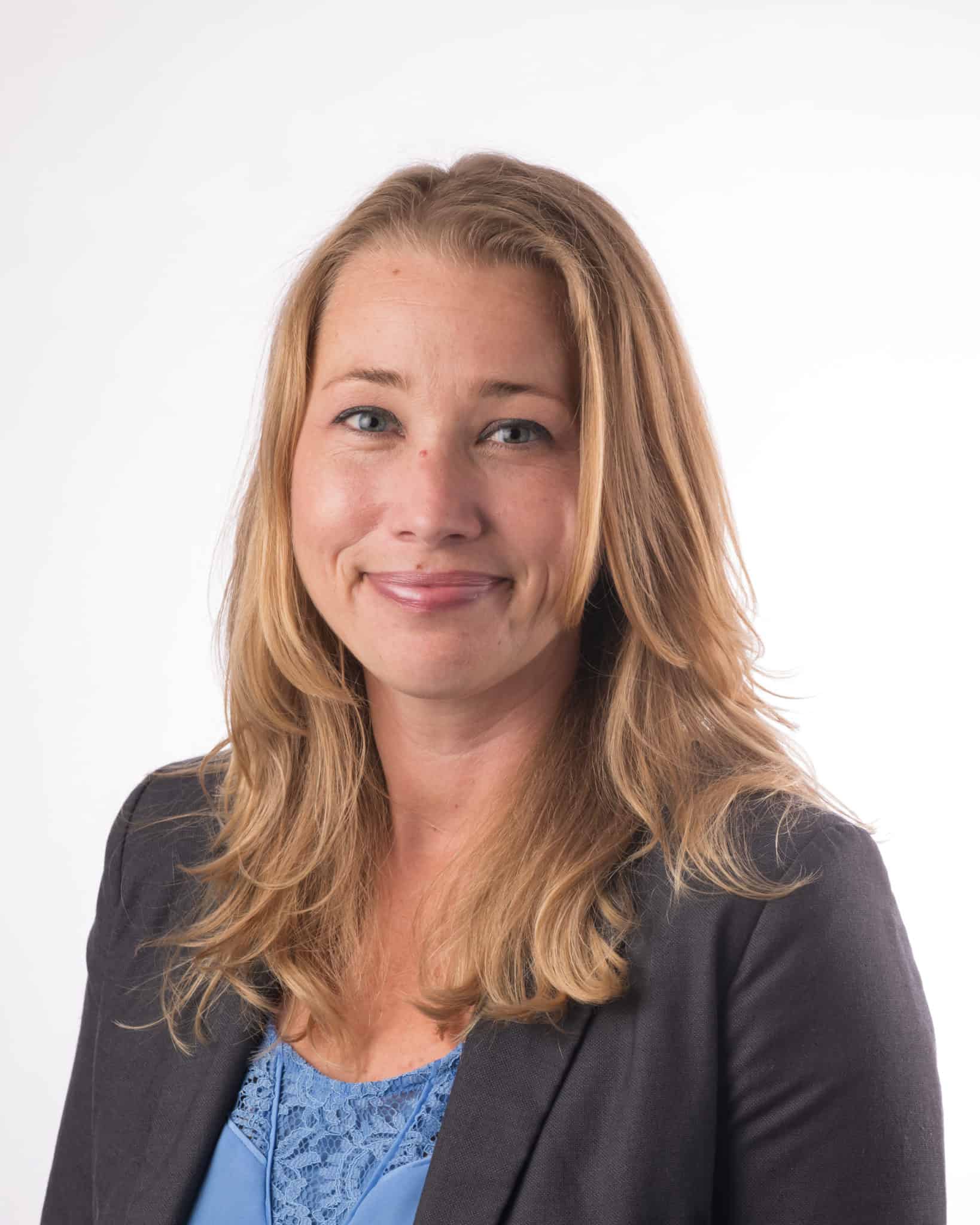
Project Title: Exploring the Feasibility of a Group Prenatal Program, Kōmmour Prenatal, to Reduce Maternal and Infant Health Disparities among Marshallese Pacific Islander Women
Britni Ayers, PhD, is an Assistant Professor in the College of Medicine. The KL2 Mentored Research Career Development Award will support her efforts to reduce maternal and infant health disparities among Marshallese Pacific Islander women and secure external funding as an independent investigator. Pacific Islanders residing in the United States (US) have disproportionally higher rates of preterm birth and lower birthweight infants and are also more likely to experience preeclampsia, primary cesarean delivery, excessive gestational weight gain, gestational diabetes mellitus, and low exclusive breastfeeding initiation and duration at six months compared to other racial/ethnic minorities and the US population in general. Preterm birth is one of the most pressing challenges to maternal, infant, and child health in the US. Preterm babies can face lifelong disabilities and are at higher risk of death during their first few days of life. Early and consistent prenatal care is strongly associated with positive birth outcomes and is a global health priority. However, Pacific Islanders are less likely to receive prenatal care in the first trimester and are thus at a higher risk for maternal and infant health disparities.
Current health care interventions are not culturally relevant or focus primarily on individual-level motivations that are not effective within highly collectivistic Pacific Islander cultures. Pacific Islander communities’ concept of health and wellbeing are largely shaped by collectivistic cultural values and practices. This concept of health would suggest the need for culturally adapted group-based interventions. Recent data with other cultural groups report that pregnant women who received a group-based prenatal intervention (Centering) had a significantly lower risk of having a preterm birth, low birth weight infants, and improved outcomes with gestational diabetes mellitus compared to women receiving individualized care. However, group prenatal care has not been culturally adapted and tested with the Marshallese or other Pacific Islanders in the mainland US. The purpose of the proposed study is to culturally adapt and examine the feasibility and preliminary effectiveness of a group prenatal program (Kōmmour Prenatal) to reduce maternal and infant health disparities among Marshallese Pacific Islander women in the US.
Dr. Ayers joined the College of Medicine as a new faculty member in 2018. She received her doctorate from the University of Arkansas. Dr. Ayers draws upon her years as a Lactation Consultant and Midwifes Apprentice to inform her evolving research.
Mentors:
Hari Eswaran, Ph.D., Professor, Obstetrics and Gynecology, College of Medicine, UAMS; Professor, Biomedical Informatics, College of Medicine, UAMS; Director of Research in the Squid Array Reproductive Assessment Research Center
Pearl McElfish, Ph.D., Vice Chancellor Northwest Arkansas Region, UAMS; Director of the Division of Office of Community Health and Research, UAMS; Director of the Center for Pacific Islanders, UAMS
Keawe Kaholokula, Ph.D., Professor and Chair of Native Hawaiian Health, University of Hawaii.
Nicola Hawley, Ph.D., Associate Professor of Epidemiology, Yale University
Nirvana Manning, M.D., Service Line Director of Gynecology and Obstetrics, College of Medicine, UAMS
Wendy Nembhard, Ph.D., Associate Professor of Epidemiology and Pediatrics, College of Medicine, UAMS
